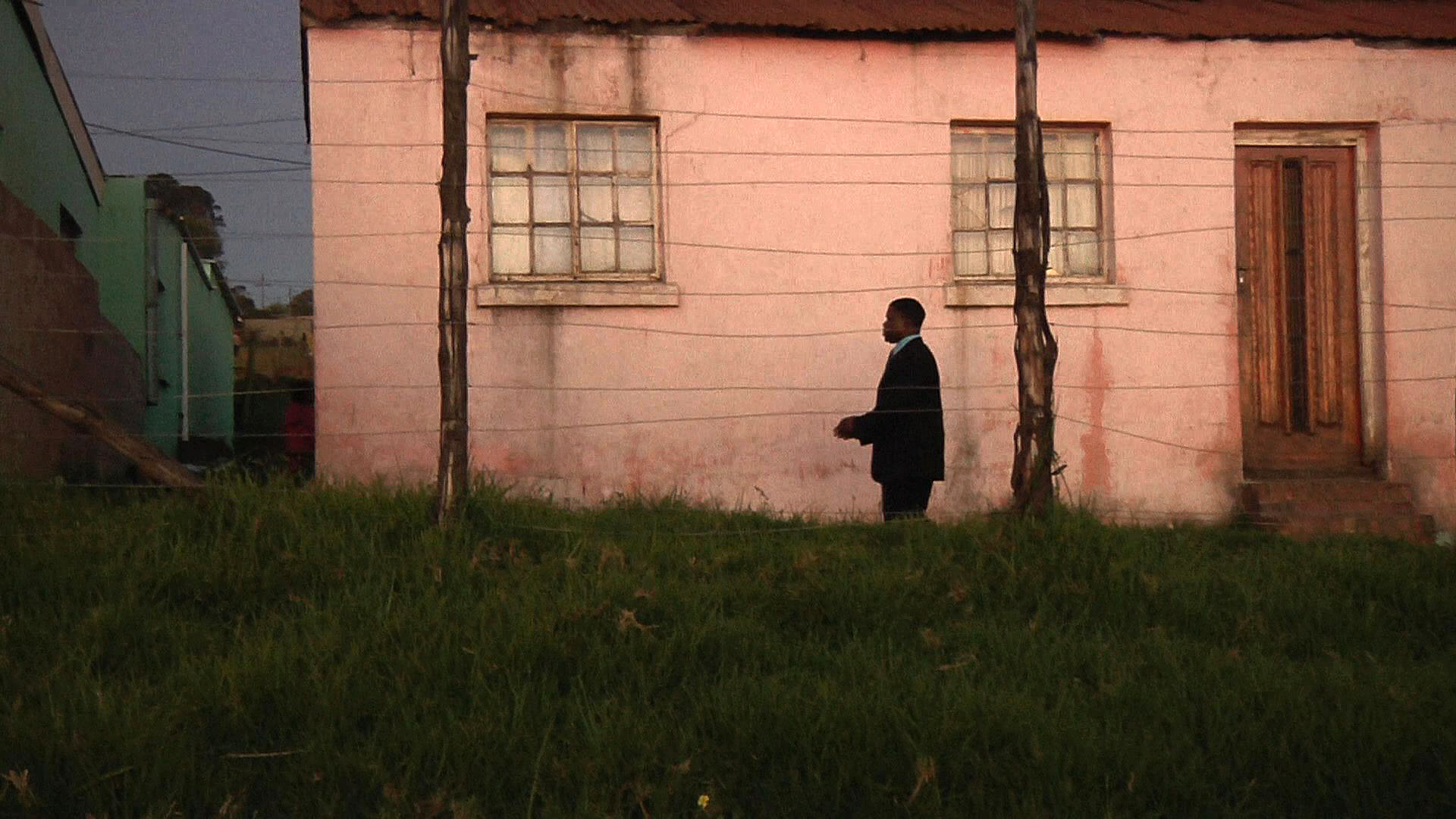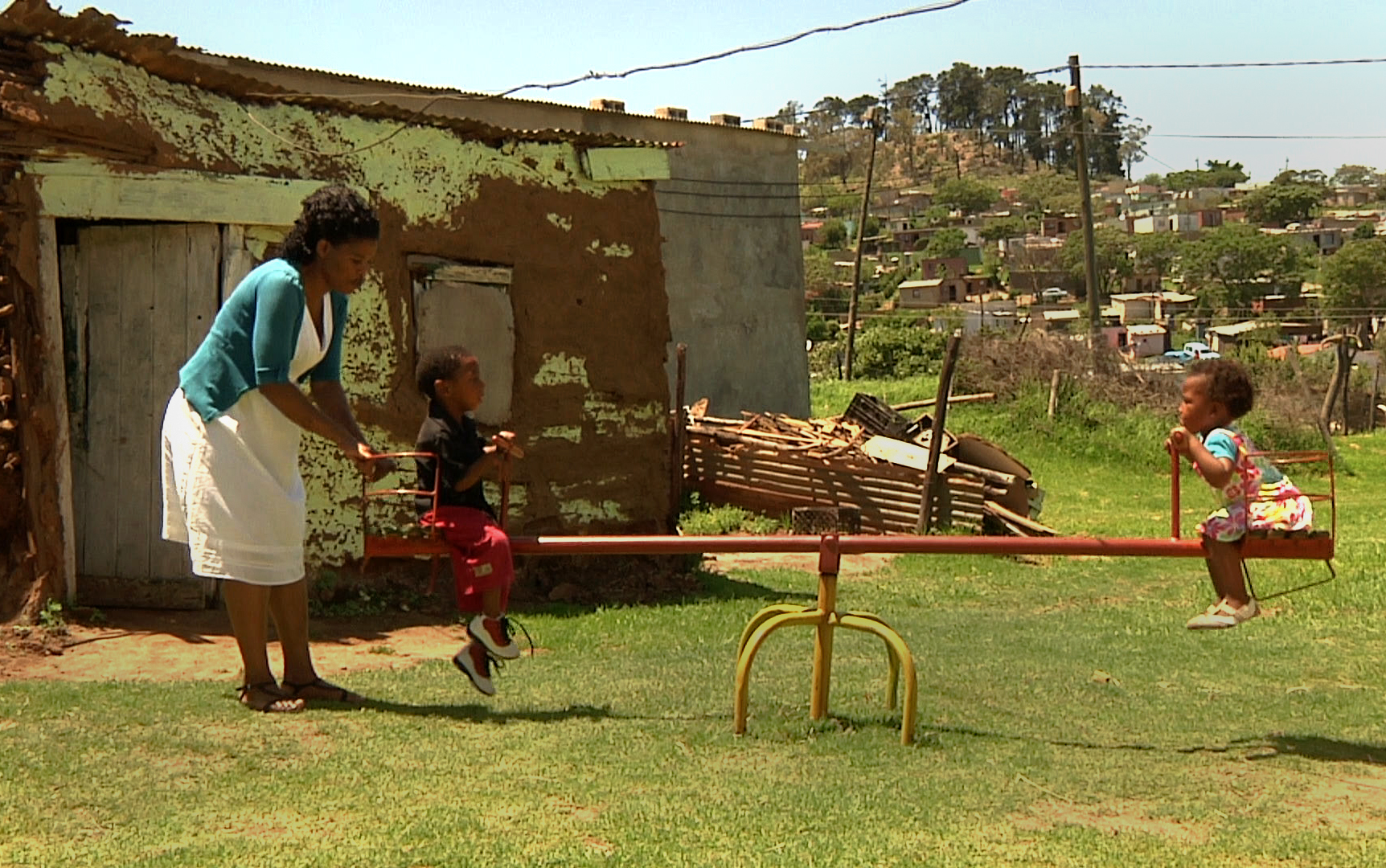
I arrived in South Africa on a Thursday evening with the looming dread of the work waiting for me in Grahamstown in the Eastern Cape of South Africa. I had 10 days to produce a narrative video documentary in an unfamiliar country, on unfamiliar topics, and with little to no information as to how it would all come together. After stamping my passport the customs agent in Johannesburg left me with foreboding parting words: "It is good you are not alone. You're a dead body otherwise."
My group from the University of Miami and I settled into our rooms at the bed and breakfast that became our home for the next several days. We had five hours to sleep before starting work the following Friday morning.
Friday was a blur of names, faces, new surroundings and assignments. I was there with four other students from Miami to participate in an on-going multimedia documentary project. The purpose of the project is to give South African residents the opportunity to share their stories and observations on how democracy has affected their lives 20 years after it was established. It is a follow-up to the project "10 Years On" led by Rich Beckman and his students at the University of North Carolina. As with the previous project, each U.S. student would be paired with a student from Rhodes, a university located in Grahamstown, to produce stories for the "20 Years On" project before its expected launch in 2014.
I met my Rhodes University partner, Chris Booth, who was assigned to help me produce a story on role models in the Grahamstown township. We needed to find someone who served as a positive example in a community still suffering inequalities and substandard living conditions 20 years since apartheid. Our story pitches were coming up short, time was ticking away, and we needed to start shooting within the next 24 hours if we had any hope of finishing on deadline. Chris remembered a story about a township resident named Richard. He was a blind skydiver.
The story was almost too good to be true. Richard Nzwana, a handsome and well-spoken man, lives a full life. He is a father, husband, teacher, musician and music instructor, beekeeper, swimmer and skydiver. He is a man on a mission to show the world that a blinded person can still live a normal life. Richard is blind, but he is capable.
The first thing I remember about Richard is his stature. He is shorter than the other men in Grahamstown, but his smile and posture add a foot to his presence. He walks with purpose and direction without the aid of a cane or stick. To see him walk by himself, one would be convinced Richard is sighted. His smile and laughter are contagious and before long I felt I had reunited with an old friend.
I spent a day with him. I watched him exercise at the Rhodes University gym with a group of blind students twice a week. I sat in on one of his braille lessons with two adult Xhosa students learning to read, write and type braille in English. I kept turning to Chris as we were filming with a huge smile on my face. Richard was just so happy to help his students.
Richard invited us to his home to meet his family and to accompany him to church Wednesday evening. As we drove to his home, I remember thinking to myself, "You can still see the line between the city and the townships," as we left the city of Grahamstown for the neighborhoods that were once designated forms of segregation during apartheid almost 20 years ago.
I felt a sinking feeling when we pulled up and parked the car by his home. The houses would be considered shacks by most American standards—dozens of stray dogs scavenged through trash. The neighborhood was rough, but there was laughter. Children played in the streets and neighbors gathered sharing stories and ogling at Chris and me as we approached Richard's house.
Richard's wife Xolelwa welcomed us inside and told us stories of the neighbors' disbelief that Richard is blind. Their two children giggled and shied away from me while I listened to Richard explain how he teaches blinded students to make coffee and tea. Xolelwa smiled and said, "He is a gently man. I never know a gentleman like him. In the world." He returned her smile, hearing it in her voice, and sipped his tea. Richard told us he is expecting a third child and I couldn't hold myself back, shouting out congratulations as his laughter filled the room.
Chris and I followed the family to church only a few minutes later. I remember hearing the singing first. Richard and his family walked through a wire gateway in front of a small house and walked around to the back. The singing swelled while I followed to find them entering a tin-walled shack. Evening was setting in and the only light came from inside the small church. I worried that it might not be enough to capture everything on video in high enough quality, but it turned out to be the most beautiful light I could have asked for. I became wrapped in the music, the swaying—the raw energy vibrating from all the voices filling the small space.
After almost two hours Richard stood up to pray aloud. His voice boomed in that room. The choir and preacher sang and gave blessings in Xhosa.
The following day Chris and I had Richard's prayer translated. It ends with: "There are many different ways to see. There is a way of seeing with an eye of the soul. There is also an eye of the flesh. My wish to Him is to see by the soul's eye. I also hope that my wishes will also come true, because he really did heal that blind man."
Twenty-five years have passed since Richard lost his sight at the age of 12, but he doesn't allow his blindness to disable him. Sighted or not, he is an inspiration to his community in the township of Grahamstown . He wants to give other blind residents hope of leading a normal life. He wants other blinds to be as independent as he is.




